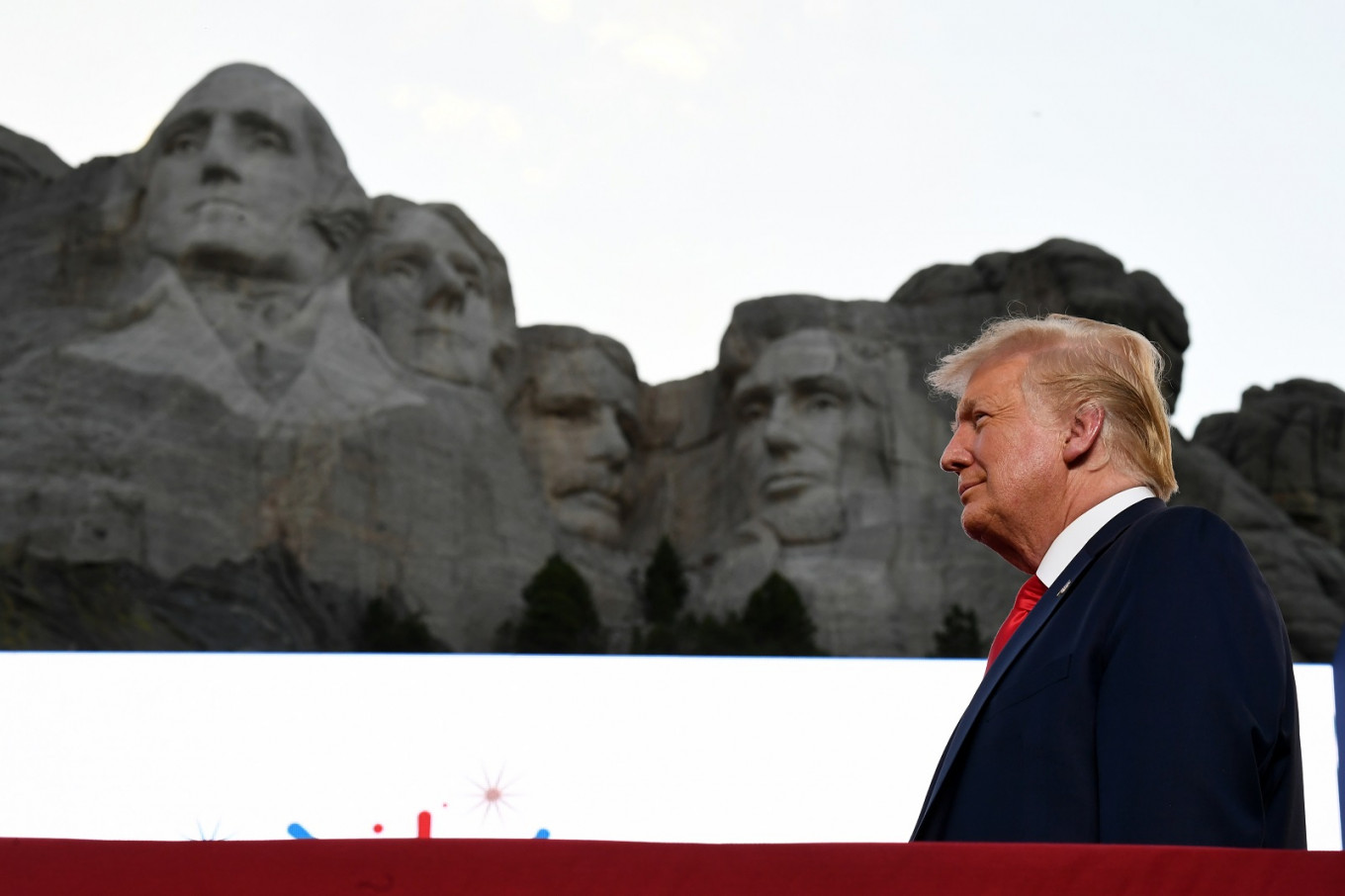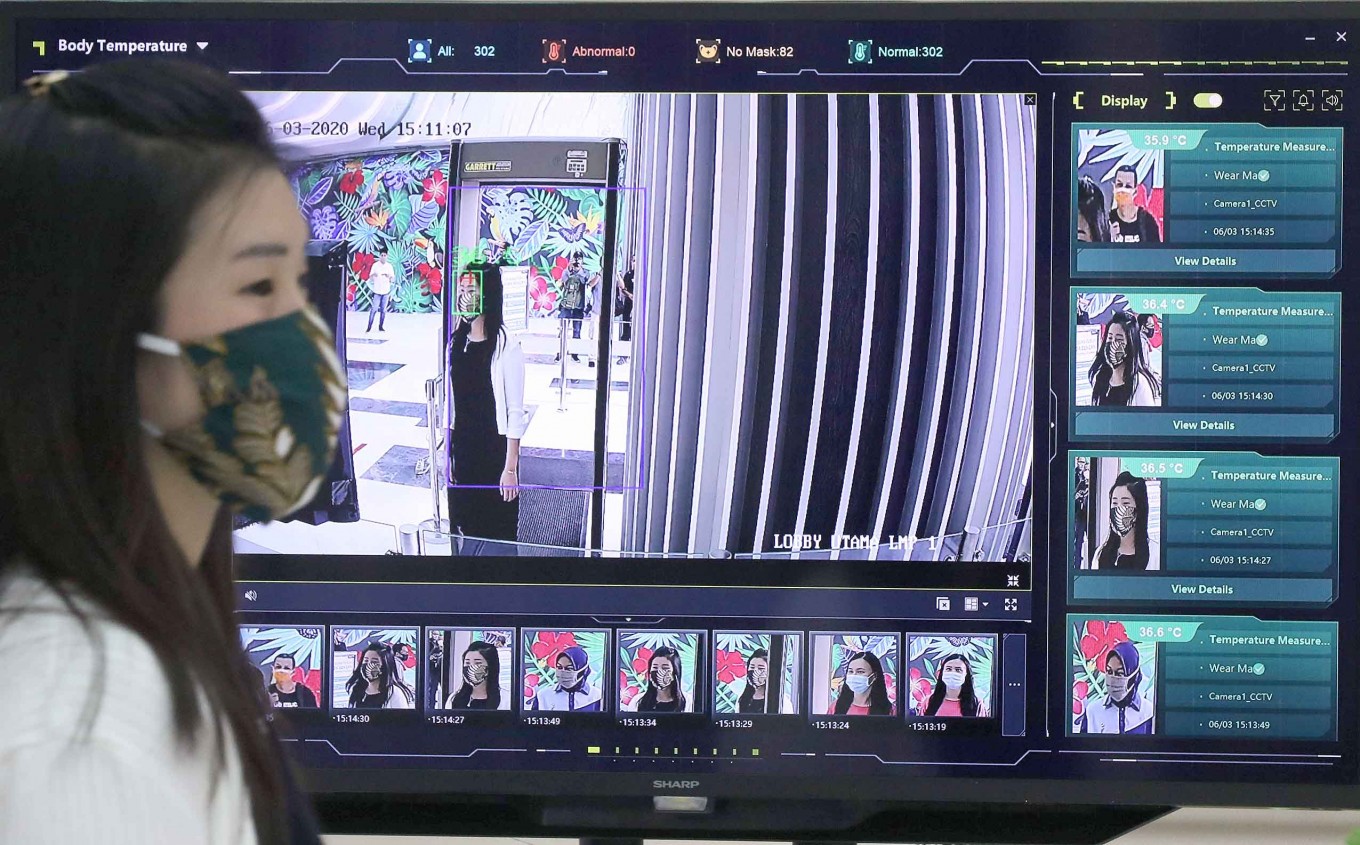Undoubtedly, COVID-19 pandemic has a profound impact on Inter-Korean ties. The past 2 years’ negotiation between North Korea and South Korea, also with the United States, have not shown any positive results and is disrupted by the pandemic. North Korean leaders have even appeared with a worsening tone of diplomacy.
Continue readingUS, China Virus Aid: Who Gives More To SEA? – Opinion by Esther N S Tamara
Earlier this year, Beijing’s ‘mask diplomacy’ gained traction for its suspected geopolitical intentions as the rest of the world was making do with a dwindling supply of face masks and Personal Protective Equipment (PPEs). Beijing’s swooping gesture of goodwill to the suffering global community was quite an opportunity to seize, and one that allowed China to earn points from the international community.
Continue readingThe Way forward on South China Sea Issues – Presentation from Prof. Hasjim Djalal
Devising cooperative programs on “technical, scientific and environment” matters is easier than dealing with “resource” issues, and much more difficult than dealing with “territorial claims and jurisdictional issues” in the South China Sea (SCS).
Continue readingToward a post-Trump America and world order – Opinion by Dr. Dino Patti Djalal
I know many of us got this wrong in the past, but I am willing to bet my house that President Donald J. Trump is finished. Either by a small or large margin, the incumbent will lose the US elections in November. It will not be Joe Biden that will beat Trump: Donald Trump is the cause of his own demise. His unmistakable “authenticity”, an asset that distinguished him from his political competitors in the past, is now a liability. His notorious claim of invincibility – that he could “shoot someone on Fifth Avenue and still get elected” – no longer holds weight today.
Continue readingTransparency Key as Indonesia Relaxes Restrictions – Opinion by Camille Bismonte
The COVID-19 pandemic has not only drastically affected the way we live our lives, but it has thrust many countries into having to decide when to transition from sheltering to reopening –sometimes precipitating harmful partisan domestic battles.
By way of example, the United States and Brazil, although somewhat distinct, are both suffering greatly from COVID-19 and are considering reopening. Both are led by aggressive populists who rose to power as antielite and anti-establishment figures. Their leaders are prone to reject the opinions of scientists, promote conspiracy theories and undermine media that oppose them. Yet now they seek to avoid blame for any failure to ameliorate COVID-19 damage.
Continue readingWhy Democracy Matters? – Learning from the Experience of Indonesia and South Korea in the Time of COVID-19 – Opinion by Noto Suoneto
As we all know, the COVID-19 pandemic is not only affecting the global health and economic situation, but it has also tested the political leadership of all countries no matter what their political system is. Either they are Republic with Presidential System (Indonesia) and Parliamentary System (India), Absolute Monarchy (Saudi Arabia), Constitutional Monarchy (Japan, United Kingdom), or One-party State (China). Many even say, Democracy? Autocracy? coronavirus doesn’t care.
Continue readingThe Disproportionate Effect of COVID-19 on Migrant Workers in ASEAN – Opinion by Camille Bismonte
A significant percentage of all ASEAN workers consist of migrant labor, whose remittances contribute a substantial proportion of GDP in many nations around the region. In light of COVID-19, however, the impact on these migrant workers has been significantly higher — and the consequences devastating. Migrant workers are often the most overlooked population during a crisis such as the pandemic, and they are now being viewed as the primary cause for second-wave infections. If issues involving marginalized communities such as migrant workers are not addressed, this will fuel more virus containment obstacles going forward.
Continue readingWorld Desperately Needs Cooperation, Leadership to Beat COVID-19 – Opinion by Dr. Dino Patti Djalal
The preferred policy response of every country threatened by COVID-19 seems to be a lockdown, or severely restricting movement (of people, goods and services) into and out of cities or countries. For now, this is undoubtedly the best way to slow down, contain and hopefully roll back the spread of the novel coronavirus within and between nations. But beating COVID-19 will require much more than a lockdowns, social distancing and travel bans. Even if China, South Korea and Japan succeed in scaling back the virus, that does not mean much if the rest of the world catches it.
Continue readingNew dynamics emerge in Indonesia-China relations – Opinion by Dr. Dino Patti Djalal
If you asked me which country Indonesia had grown closest to in the last five years, my answer would be: China. Indonesia has developed many “partnerships” with other countries — more than a dozen of them. Yet, no matter how you label them (“strategic”,”special, comprehensive”, “21st century” etc.), Indonesia’s partnership with China is perhaps the most substantial.
Continue readingHistoric challenge for Abrahamic religions – Opinion by Dr. Dino Patti Djalal
The recent attack by a white supremacist in Christchurch, New Zealand, revealed to us what the most extreme form of Islamophobia can be. The terrorist had reportedly developed a burning hatred of the growing number of Muslims that he saw as “invading his land”. Analysts have pointed out that if this could happen (of all places) in New Zealand, it could happen anywhere. The rare attack was also a manifestation of the historic “Abrahamic” problem. Relations among the Abrahamic religions of Islam, Christianity and Judaism remain fraught with negativity, tension and hostility. At times they do result in oppression, discrimination and persecution.
Continue reading









